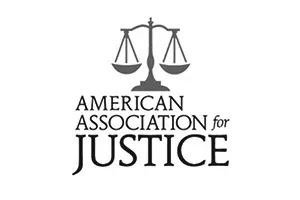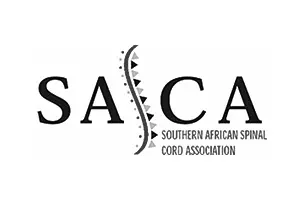Legal Eagle takes on Imperial Car Hire
Die Burger
Friday, 26 May 2006
Legal Eagle takes on Imperial Car Hire by Ethel Hazelhurst
Johannesburg – Malcolm Lyons, a Cape Town attorney who specialises in personal injury claims, has laid a complaint against Imperial Car Hire with the consumer affairs committee at the department of trade and industry (dti). It relates to Imperial Car Hire’s practice of placing waivers in contracts that exempt it from responsibility for damage caused by defects in its cars.
Lyons won an action, on behalf of a disabled client, against Avis Car Rental over the same issue six years ago. Despite the judge’s finding that “the exemption clause goes against what any reasonable person would expect”, the practice continues. The expectations of a “reasonable person” are seen as litmus tests by the courts. Imperial said its policy was to rent out vehicles that were less than 12 months old and had a mileage of less than 35 000km.
“All vehicles are subject to manufacturers’ warranty and are extremely unlikely to be in an unsafe condition,” said Imperial Car Hire’s managing director, Dawn Jones. “Each time a vehicle is returned, it is subject to the customary checklist to ascertain that it is in a safe…condition. Prior to the vehicle being placed on rental, the same checks are undertaken.” Jones said the company was self-insured and should it be required to take out insurance “on these kinds of incidents, it would necessitate the increase of rental rates and liability excesses.”
Lyon’s drew the attention of the dti’s directorate of consumer investigations to the practice,
in November 2003, without getting any response. The issue had been raised ahead of new consumer-friendly legislation that would limit the effectiveness of waivers, which were commonly issued by a range of companies, including car hire, hospitals, gymnasiums and security companies. The draft bill contains a clause that deals with these exemptions for liability. It states that “the waivers are not enforceable unless they comply with specific guidelines”, said Tshilidzi Nemahagala of the dti’s compliance department.
They will have no effect unless: ” The fact, nature ad effect of the provision is drawn to the attention of the consumer before he enters into the agreement; ” The provision is in plain language; and ” The provision is signed or initialled by the consumer Until the new bill becomes law, consumers can only seek recourse through the courts or lodge a complaint, in terms of the existing Unfair Business Practice Act, with the consumer affairs committee.
The current position on objections to the con/arb process
Con/arb process - The Commission for Conciliation, Mediation[...]
Out of time? Think again – The CCMA and its rules
By Lara Keil (Candidate Legal Practitioner) under the[...]
RAF’s lodgement requirements: Claimants further prejudiced
By Lara Keil (Candidate Legal Practitioner) under[...]














